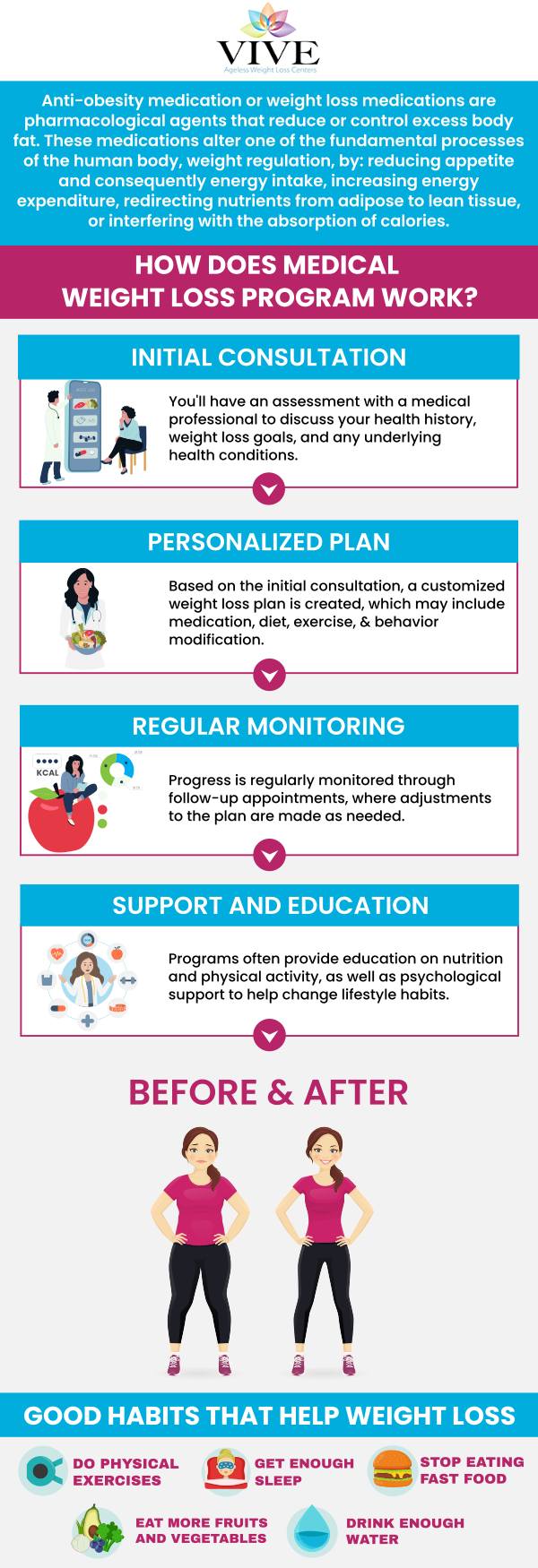Agencia 92: Your Source for Trending News
Stay updated with the latest insights and stories that matter.
Lose Weight Without Losing Your Mind
Discover simple, stress-free strategies to shed pounds without the madness. Transform your body and mind effortlessly!
5 Simple Strategies to Lose Weight Without the Stress
Weight loss doesn't have to be a stressful journey. Here are 5 simple strategies that you can incorporate into your daily routine to help you lose weight without feeling overwhelmed:
- Mindful Eating: Take the time to savor your meals. By eating slowly and paying attention to your hunger cues, you can prevent overeating. Studies show that mindful eating can significantly aid in weight loss (Healthline).
- Be Active Daily: Rather than committing to an intense workout regime, aim for more daily movement. Simple activities like walking, stretching, or engaging in hobbies can increase your calorie burn without feeling like a chore. Find ways to incorporate movement into your day, and you'll see results over time.
Next, hydrate properly. Drinking water before meals can help you feel fuller and reduce overall calorie intake. It's a simple trick that many overlook, but it can significantly impact weight loss success. Aim for at least 8 cups of water a day.
Lastly, ensure you get enough sleep. Lack of sleep can disrupt hormones that regulate appetite, leading to weight gain. Prioritizing quality sleep not only boosts your health but also supports your weight loss efforts. Commit to a consistent sleep schedule for the best results. Remember, losing weight doesn't have to be stressful if you adopt these realistic strategies.

How to Create a Sustainable Weight Loss Plan That Works for You
Creating a sustainable weight loss plan begins with understanding your unique lifestyle, preferences, and health goals. A successful plan prioritizes realistic goals over quick fixes. Start by assessing your current eating habits and physical activity levels. Consider keeping a food diary for at least a week to identify patterns and areas for improvement. Once you have a baseline, focus on making small, manageable adjustments to your diet and exercise routine. For instance, aim to incorporate more whole foods and gradually increase your activity level to at least 150 minutes of moderate aerobic exercise per week, as recommended by the U.S. Department of Health and Human Services.
Another key aspect of a sustainable weight loss plan is ensuring that it fits your lifestyle and is enjoyable. Consider implementing the following strategies to enhance adherence to your plan:
- Meal Prep: Prepare healthy meals in advance to avoid the temptation of unhealthy options.
- Stay Hydrated: Drink plenty of water throughout the day, as sometimes thirst can be mistaken for hunger.
- Find Activities You Enjoy: Engage in physical activities that you find fun, whether it’s dancing, hiking, or playing a sport.
Is Dieting Making You Crazy? Understanding the Mind-Weight Connection
Is dieting making you crazy? For many, the journey toward weight loss can trigger a range of emotional responses, leading to a complex relationship with food and body image. The mind-weight connection is not just about what you eat; it's also how dieting impacts your mental health. Research shows that restrictive dieting can often lead to feelings of deprivation, anxiety, and even depression, making it essential to understand the psychological effects of calorie counting and food restrictions.
Moreover, the cycle of chronic dieting can contribute to a phenomenon known as yo-yo dieting, where individuals repeatedly lose and regain weight. This not only affects physical health but can also lead to a distorted self-image and increased stress levels. According to a study by NCBI, the mental toll of constant weight fluctuation can be detrimental, causing individuals to feel out of control and exacerbating emotional eating patterns. To combat these effects, practicing mindful eating and embracing a balanced approach to nutrition can promote a healthier mindset while working towards weight management.